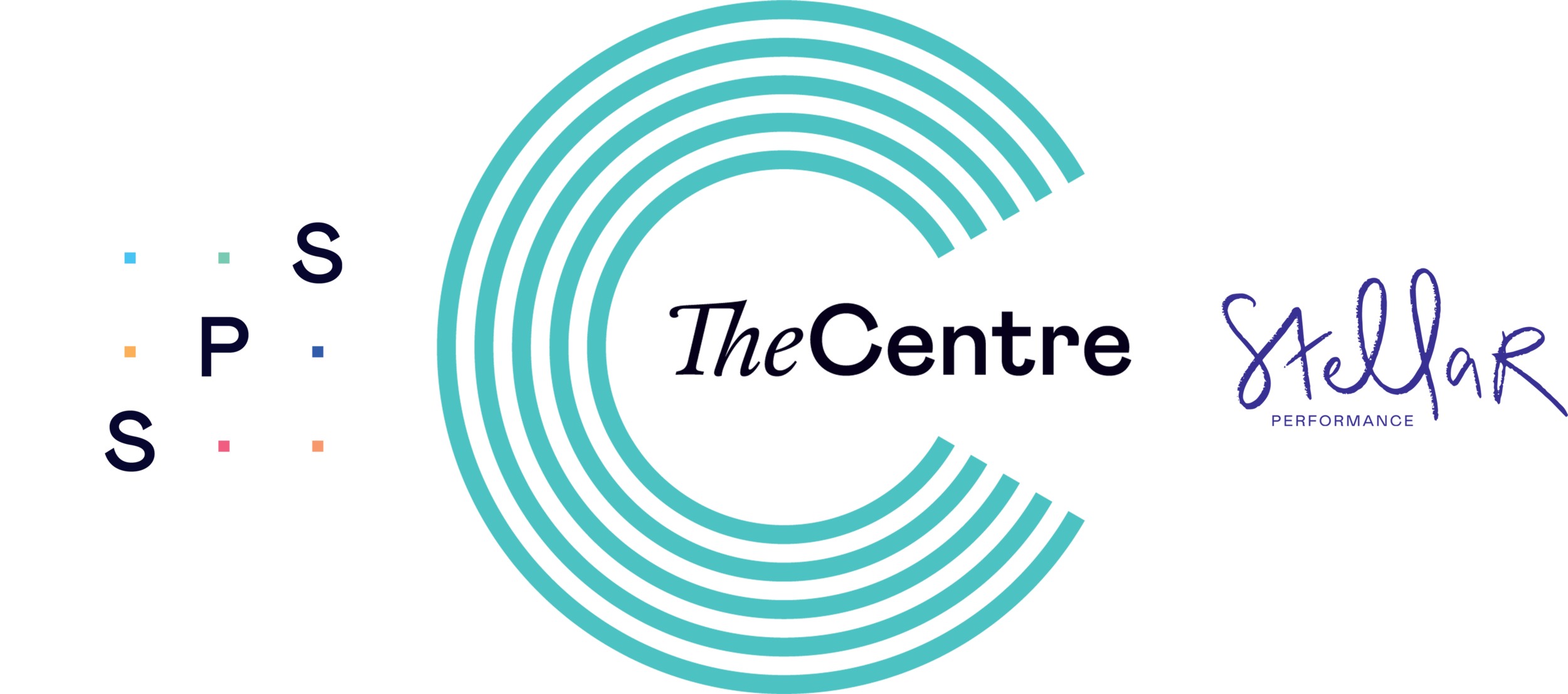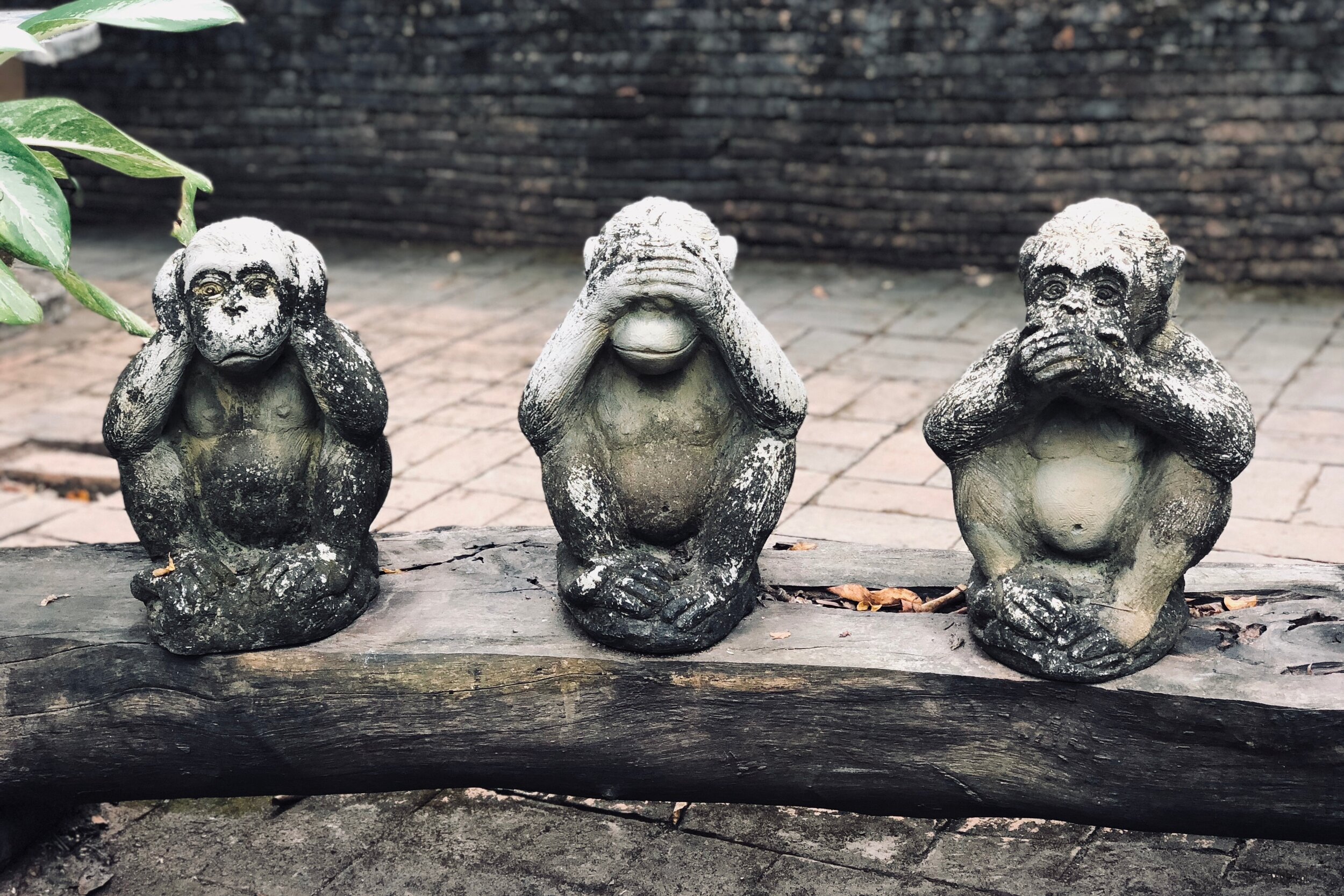T - Therapy - Meaningful or Misleading?
Did you know there are over 50 different types of therapy! Well there are that many different ways of describing the methods, modalities and skills we utilise with clients, patients, athletes, family & friends
Is it important to look at all these different skill sets and decide which do I use? How do I describe them? Why do I identify with these skill descriptors?
You might now be thinking ‘does it matter!’ Yes I think it does. The way we present our skills to individuals and groups provides perspective and understanding to our client base. The ‘what you see, understand & what you receive’ colours our and our clients view of what you do and what the therapy you deliver does, or is supposed to do. That ‘descriptor’ may be ‘accurate’ in terms of yours and your clients opinion, which if this results in a positive outcome following the therapy reinforces their beliefs. This in turn encourages them to return to you or tell other people about your services.
Describing skill sets and techniques is often wrapped up in the situational or group of individuals who use the service. For example Sports Massage is associated with sports, active individuals but the skills utilised are not unique to sports massage. The massage skills can be used in therapeutic, remedial or other massage descriptors. It is the application of massage skills in a sporting or activity environment that an individual expects. Yet some practitioners learn ‘body work’ and advertise as a Sports Masseur or Beauty Therapy and advertise as a Sports Masseur without any sporting knowledge or taught application of the skills.. Do we think therapists mislead intentionally or are therapists driven to use a descriptor that means something to the client and therefore makes them book an appointment?
The setting a therapist works within often provides an indicator as to the ‘type’ of massage you might expect. If you see ‘Spa Massage’ or ‘Beauty Massage’ advertised within a hotel most of us will have a preconceived idea of what to expect. Yet all of you who have received a massage in these settings know they vary tremendously. Not only do the actual skills delivered differ but our opinion of effectiveness also differs. We then either go away very happy that our needs were met or very disgruntled that it was a ‘waste of money’ and won’t do that again!
As therapists we will never meet everyones needs all of the time. We do however, want to meet our clients needs most of the time. Here in lies the collaboration and integration of the actual skills we posses, how we use them, how we describe, communicate and advertise them to our potential client base. We all know therapists who are ‘always fully booked’ or if their name is mentioned people recognise it and respond in a positive manner. We also know therapists whose reputations go before them and not always in a positive light.
If you are starting a new practice or are finding it difficult to utilise your available clinic time then maybe its time to change ‘how’ you present the skills you possess? This needn’t be a costly exercise but perhaps a subtle change in descriptor on your calling card or advertising literature. Alternatively it could be CPD in a new area of skill or application? Your locality may be calling out for a particular skill set? It could be that you deliver Sports Massage and 4 other therapists also deliver this services in your area? How do you identify as different? Perhaps if you conduct a small survey amongst family and friends who identify two of them as being ‘painful’ one as ineffective and the other you can never get an appointment……. What do they do that means they are fully booked all the time? Could you learn these skills or are they just more effective with their promotional material, have they found a niche group or they are directing all their attention to a particular club or sport?
The other consideration is that therapists perceived as ‘successful’ or who are ‘fully booked’ offer a certain charisma or have personality traits which attract or provide confidence?
Have you ever stopped to consider how you are perceived by people meeting you for the first time? How would you describe your manner? Do you have a natural empathy with some individuals and not others? Is it time to access these ‘transferrable skills’ or alter the way you approach communication?
There are many aspects to the delivery of ‘therapy’ and a large proportion of those aspects do not relate to the actual modality being used!
Time perhaps to look at your ‘observational skills’, your ‘listening skills’, your communication skills both verbal and non verbal. Body language is interpreted at many levels consciously and subconsciously.
Are these aspects of your practice of therapy that need revisiting? Don’t be like the three wise monkeys open your eyes, hear your clients and speak in an honest, open and intelligent way.
If you need any further help, support or guidance then contact us to arrange a One to One or attend a course in advanced soft tissue skills, assessment or agree a bespoke education programme to meet your needs as we return to studies, education & training.

